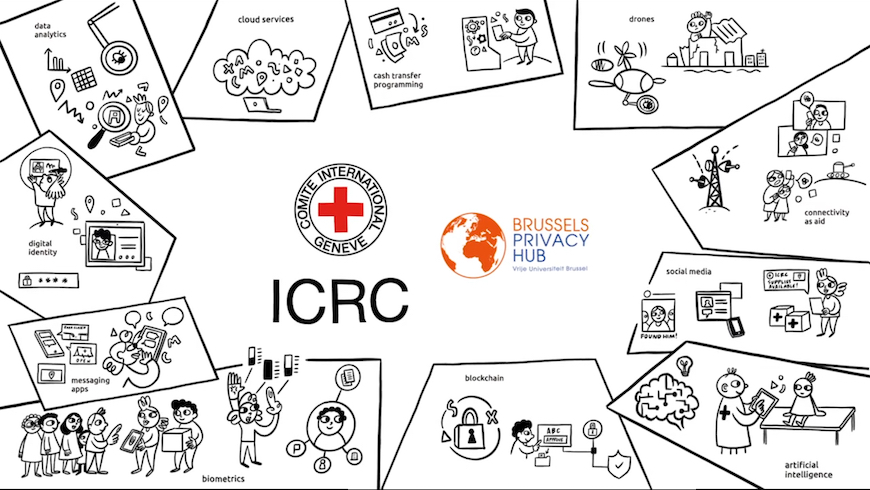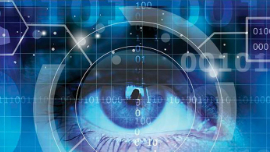The International Committee of the Red Cross (the ICRC) is launching today the second Edition of this landmark Handbook on data protection in Humanitarian action.
An all-day digital event is organised to discuss how, in today's technological landscape, data protection is a more essential concern than ever.
The event will be composed of 7 thematic panels: five focused on one of the technology areas explored in the new edition of the Handbook and related data protection-concerns (i.e. Digital Identity and Biometrics, Use of Social Media and Messaging Applications, Connectivity as Aid, Blockchain, Artificial Intelligence and Machine Learning) and two panels with a special focus on Covid-19 and Digital Contact Tracing and finally on Training, Education and Literacy.
The Data Protection Unit is pleased to support the launch of this 2nd Edition of the Handbook and welcomes this important work and discussion, closely connected to several priority topics on the agenda of the Committee of Convention 108 (notably facial recognition, digital identity, and profiling).
Sophie Kwasny participated in the session on digital identity and biometrics, highlighting the comprehensiveness and resilience of the regulatory framework (Convention 108+) which embeds data protection and privacy by design and stir organisational as well as technical measures, for an effective protection, secured at 360 degrees. Beyond the relevance of data protection impact assessments, new rights for the individuals in an algorithmic decision making environment, obligations of transparency and security, the core principles of purpose specification, proportionality, data minimisation, etc are strong protections to recall in the context of any digital identity system. Significant risks to the fundamental rights and freedoms are at stake in the deployment and use of technologies processing sensitive data, and while being able to prove your identity, both foundational or functional, may be required in some circumstances, this proof should not lead to transform the human body in machine readable tool.




